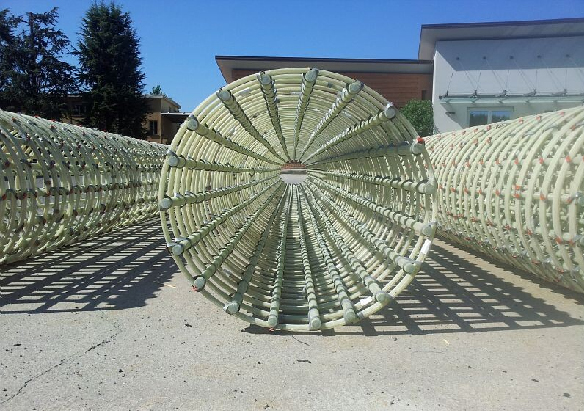


Bridge construction is the process of designing, constructing and maintaining buildings. Bridges are structures designed to provide access for people by crossing various obstacles such as rivers, valleys and roads.
Bridge construction is divided into two parts . The first is the design and planning of bridge construction, and the second is the implementation of bridge construction. For design, engineers and architects work together to create plans. This phase includes identifying the appropriate bridge, selecting materials and costs for bridge construction. Many products are available, including TMT, steel bars, RCC and GFRP rebars.
After the design phase is completed, the construction phase begins. This phase includes clearing the area, preparing the foundation, and building the bridge. The construction method depends on the type of bridge and construction materials. Truss bridge construction is based on the assembly of prefabricated sections. The suspension bridge construction consists of two towers surrounded by towers on both sides. When construction is completed, the bridge will be open to people and vehicles.
Bridge construction is a detailed, complex and difficult job. It requires the skills of engineers, architects and builders.
Community Connections: Building bridges that provide a way to cross certain obstacles, such as rivers, valleys, or roads, is essential for communities.
Improve transportation: Bridges can reduce travel time by providing direct transportation over barriers.
Business Development: Bridging supports business by providing new business opportunities and resources. The bridge also connects two different regions.
Security: Bridges provide safe and reliable traffic.
GFRP (Glass Fiber Reinforced Polymer) rebars are one of the best materials. GFRP rebars have become popular in the construction industry, especially in bridge construction. It is also an alternative to steel rods in bridge construction.
GFRP rebars are lightweight and one of the strongest materials. GFRP rebar is lighter than steel rebar, making it easier to transport during construction. In general, GFRP rebar is the best choice for bridge construction.